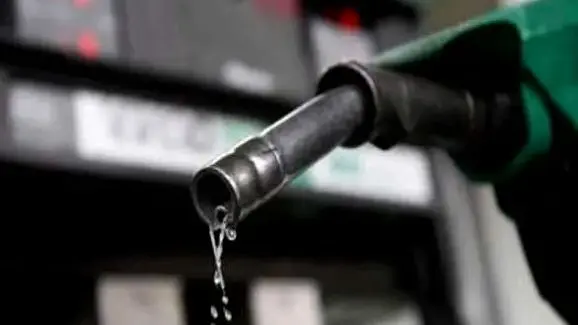The Federal Government has again defended its removal of subsidy on petroleum despite the cost of living and inflation soaring in the aftermath of the move.
For years, Nigeria engaged in a practice of exchanging crude for subsidized gasoline for its domestic market, leading to a significant drain on revenue, foreign exchange, and contributing to the escalating national debt. However, during his inauguration in May, President Bola Tinubu terminated this longstanding arrangement aimed at supporting fuel prices in Nigeria, the most populous country and largest economy on the continent.
Following this decision, the price of the commodity surged from N190 to over N600 per litre, resulting in a subsequent increase in the cost of living. Nonetheless, on Thursday, the Minister of Information and National Orientation, Mohammed Malagi, asserted that the subsidy removal was in the best interest of the country.
“You’re premising your argument on the fact this problem just started yesterday. The foundation of our economy had taken a beating a long time ago. The substructure of our national economy has been one that cannot hold a meaningful substructure on it,” he said while featuring on Channels Television’s breakfast show Sunrise Daily.
“So, it is important that Nigerians recognise that the President and his team would have to go back to reset that and that is why from day one, he said, ‘Look, subsidy issue has to go’. He had to expect that there would be this pain, of course. He anticipated that Nigerians would encounter some difficulties. But it would be worse if that subsidy did not go. It would have been difficult to carry out any meaningful development. We needed to free up resources.”
The Federal Government contended that the subsidy’s benefits were not reaching the general population, with only a few individuals reaping its advantages.
The minister further stated that security agencies are actively pursuing those individuals commonly labeled as “subsidy thieves” to ensure accountability.

